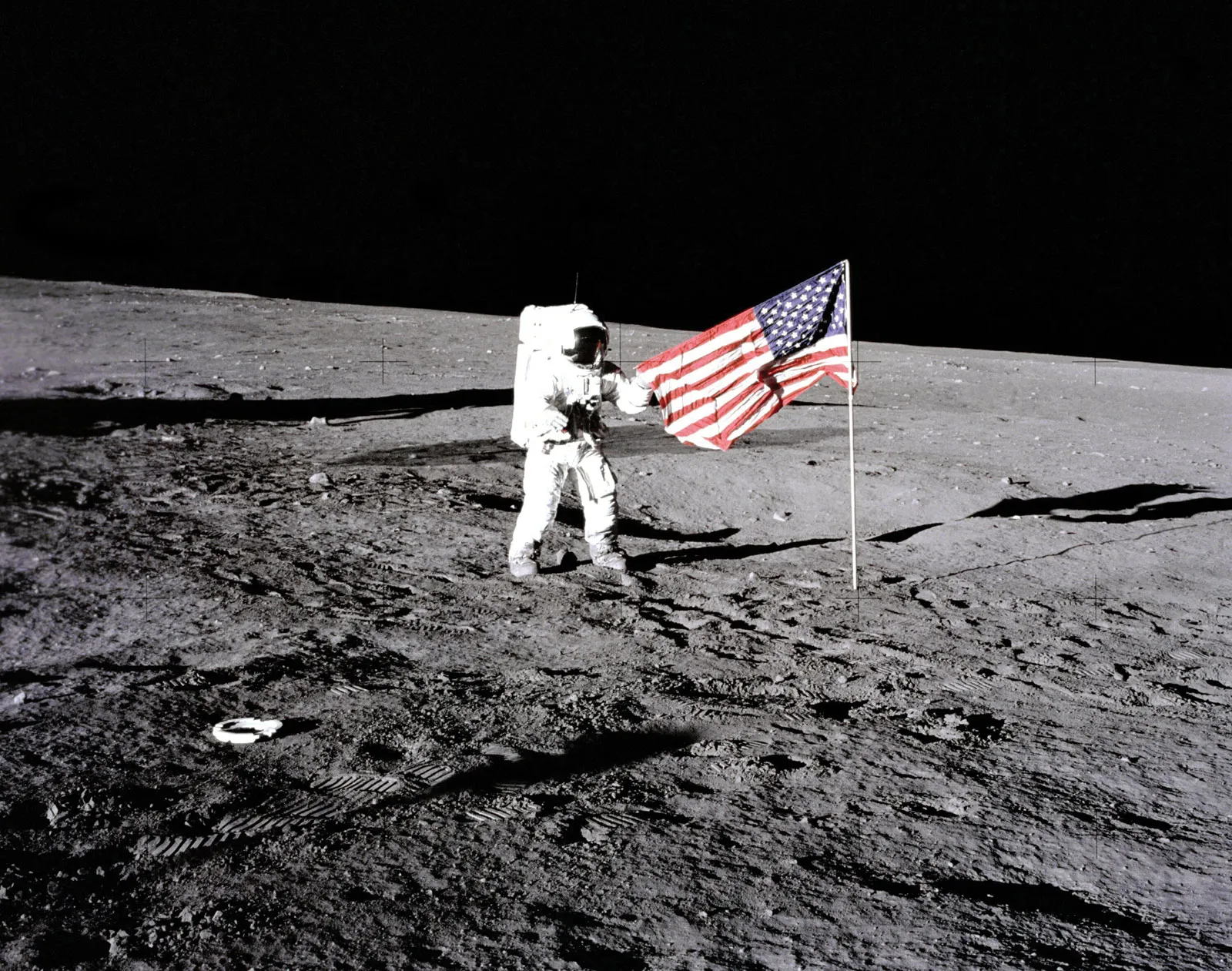
I'd like to just say what I think history will record: that America's challenge of today has fashioned man's destiny of tomorrow. As I take man's last step from the surface, back home for some time to come, but we believe not too far into the future.
As NASA astronaut Eugene (Gene) Cernan climbed the ladder back into his lunar module in 1972, he uttered some of the last words ever spoken on the moon.
No one has ever set foot on the lonely, cratered globe that surrounds our own, according to Cernan's hopes.
However, things will soon change as the US prepares to send astronauts back to the moon by 2025 and establish a permanent base there.
It is evident that a new era of lunar exploration is beginning when these factors are combined with the aspirations of China and other countries, not to mention the avalanche of robotic missions.
Why now, after all these years? is the question.
Long before Cernan left his lunar footprints, the decision to stop the Apollo program was taken.
Long before Cernan left his lunar footprints, the decision to stop the Apollo program was taken.
According to Mary Lynne Dittmar, a key player in space policy at the company Axiom Space, "Apollo didn't stop because it was too expensive or because it was unsustainable - the sunk costs were already sunk."
Apollo was put up to win a politically charged election, therefore the adventures came to an end.
Source Credit : https://www.newscientist.com/article/2337332-return-to-the-moon-why-are-we-restarting-human-lunar-exploration-now/
Edited By : Bidyut Buddha Gogoi
(https://www.linkedin.com/in/bidyut-gogoi-721861194/)